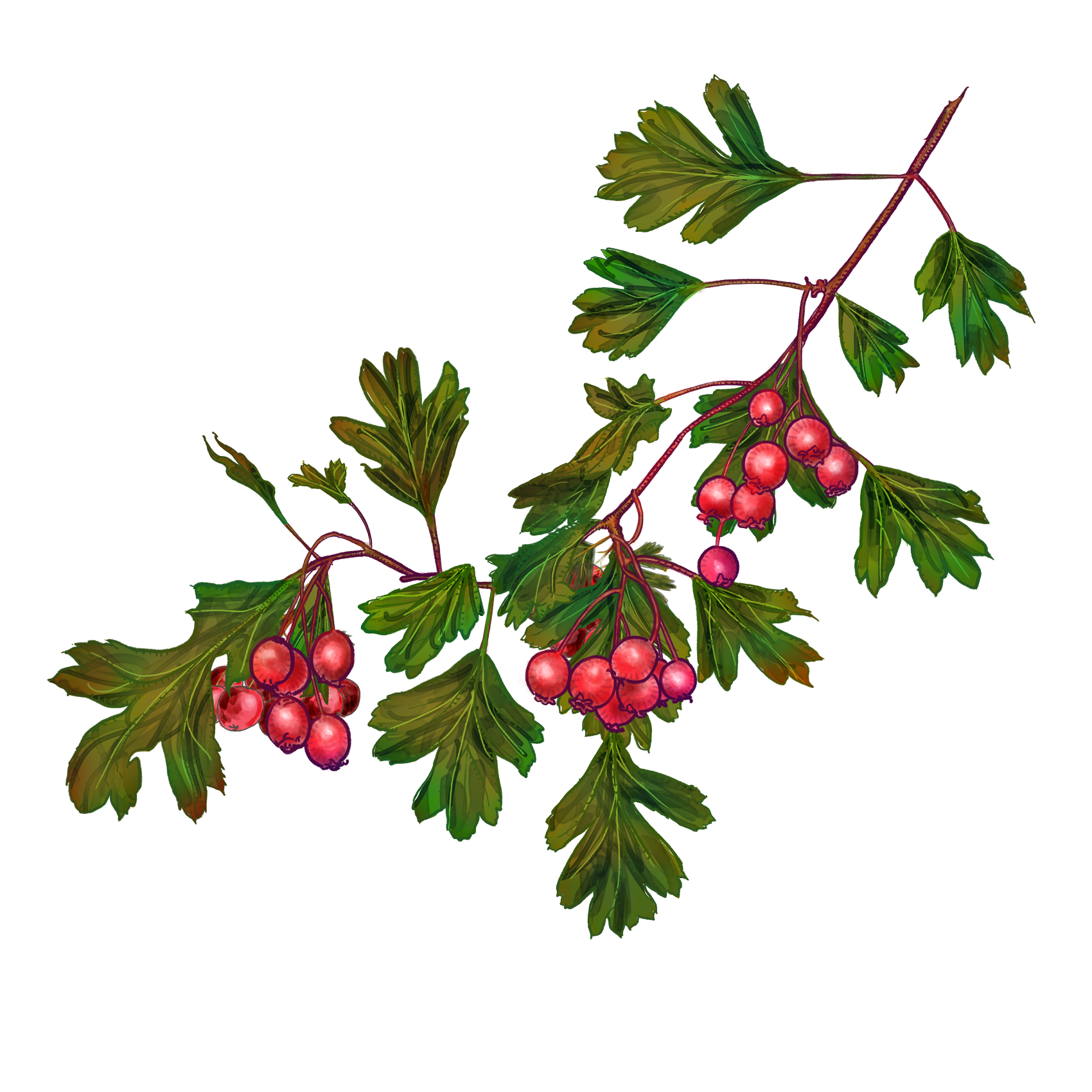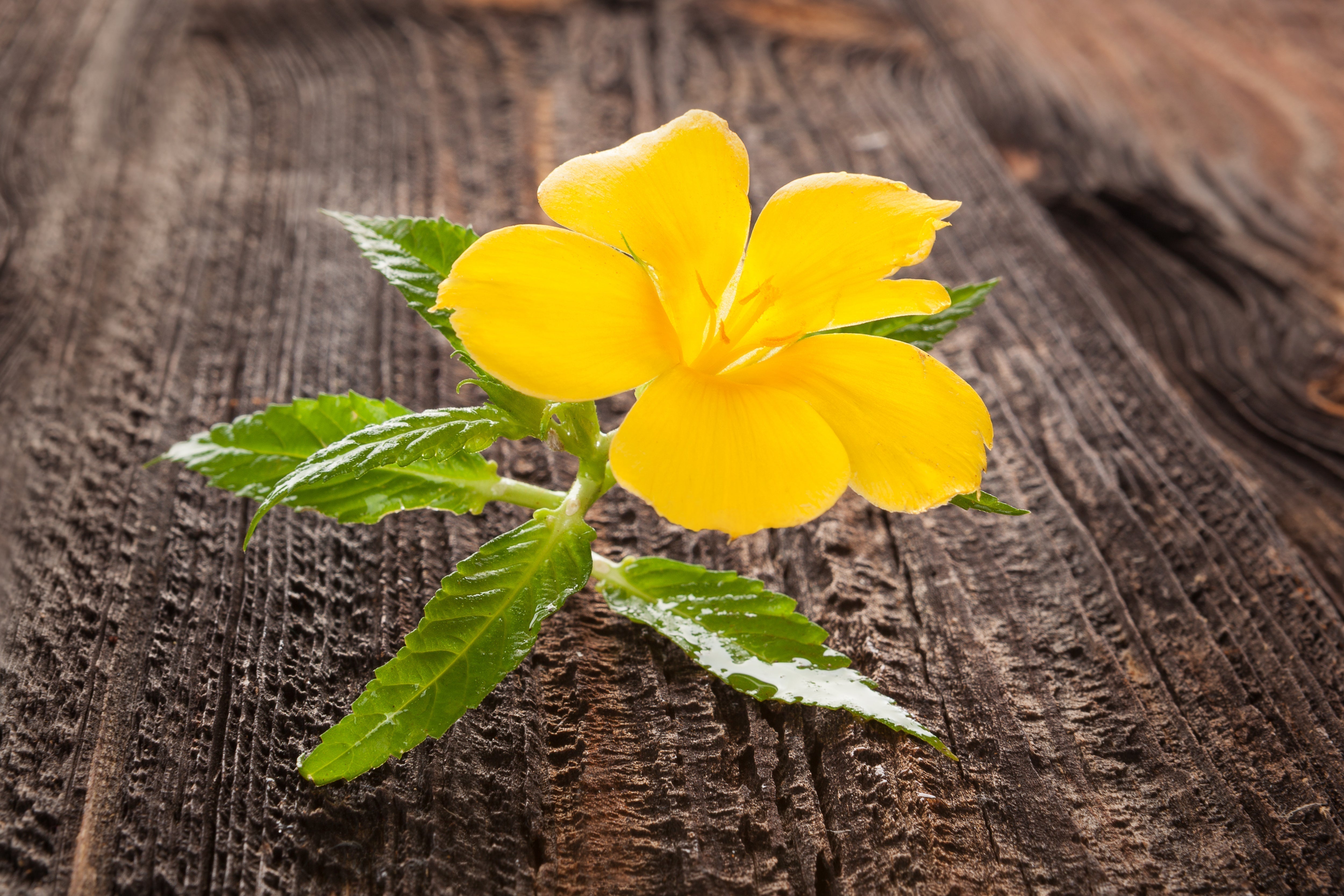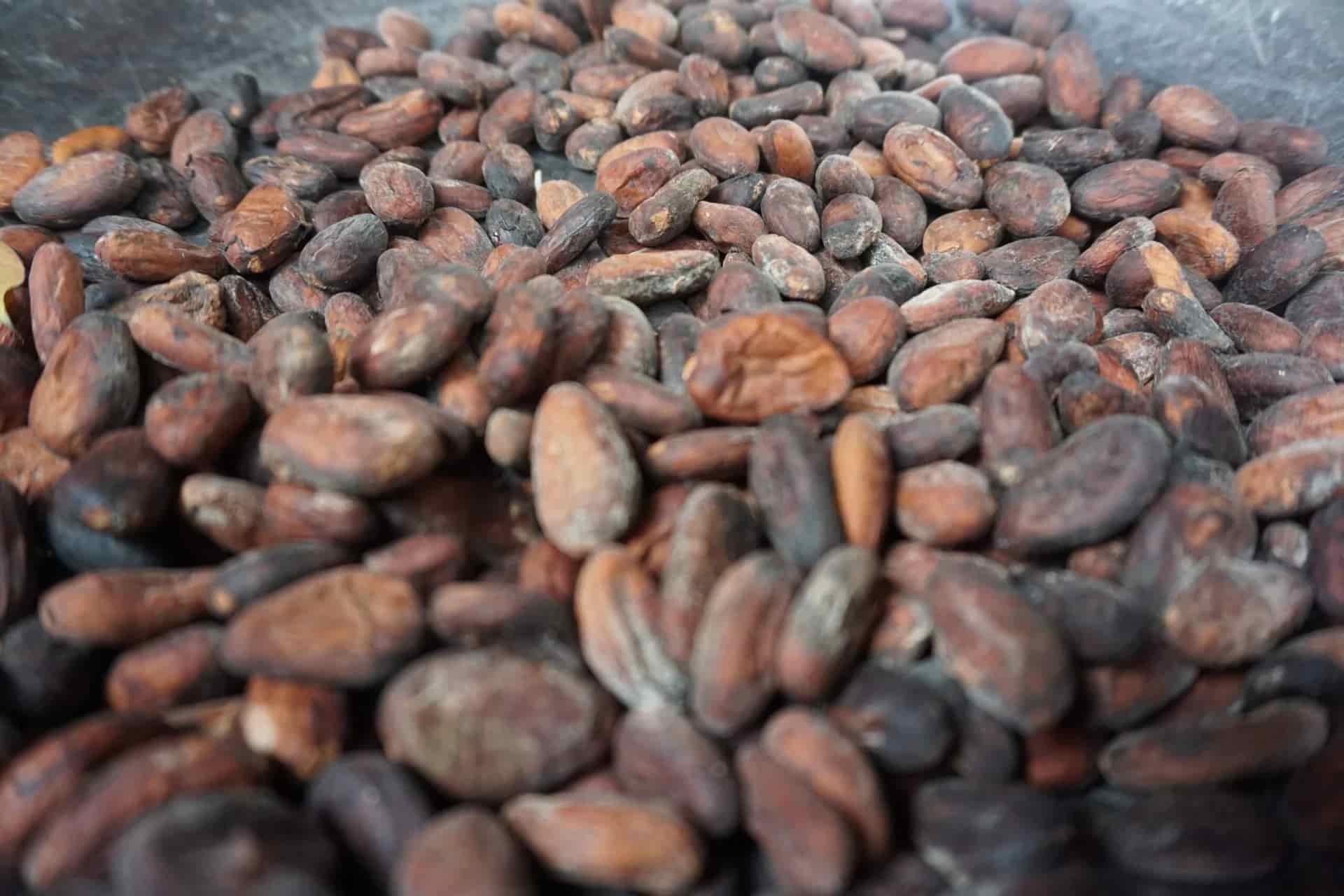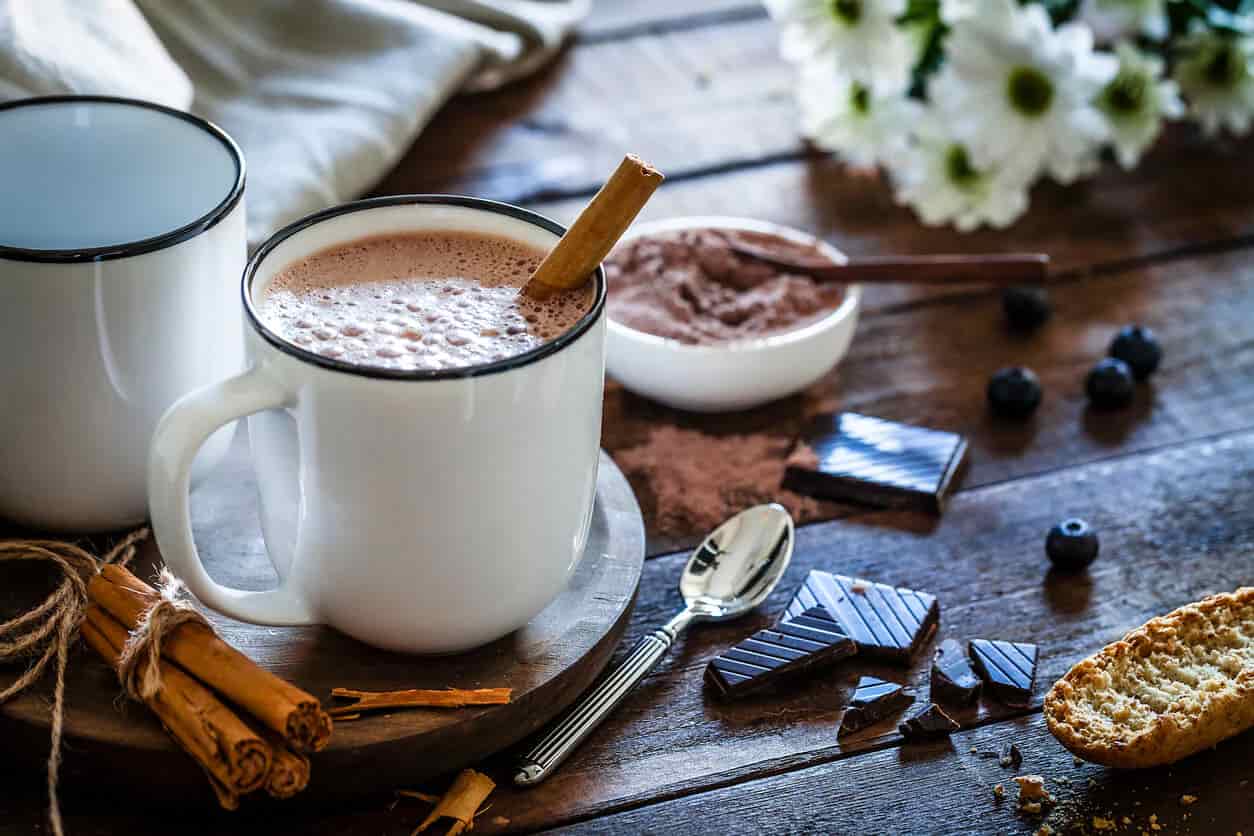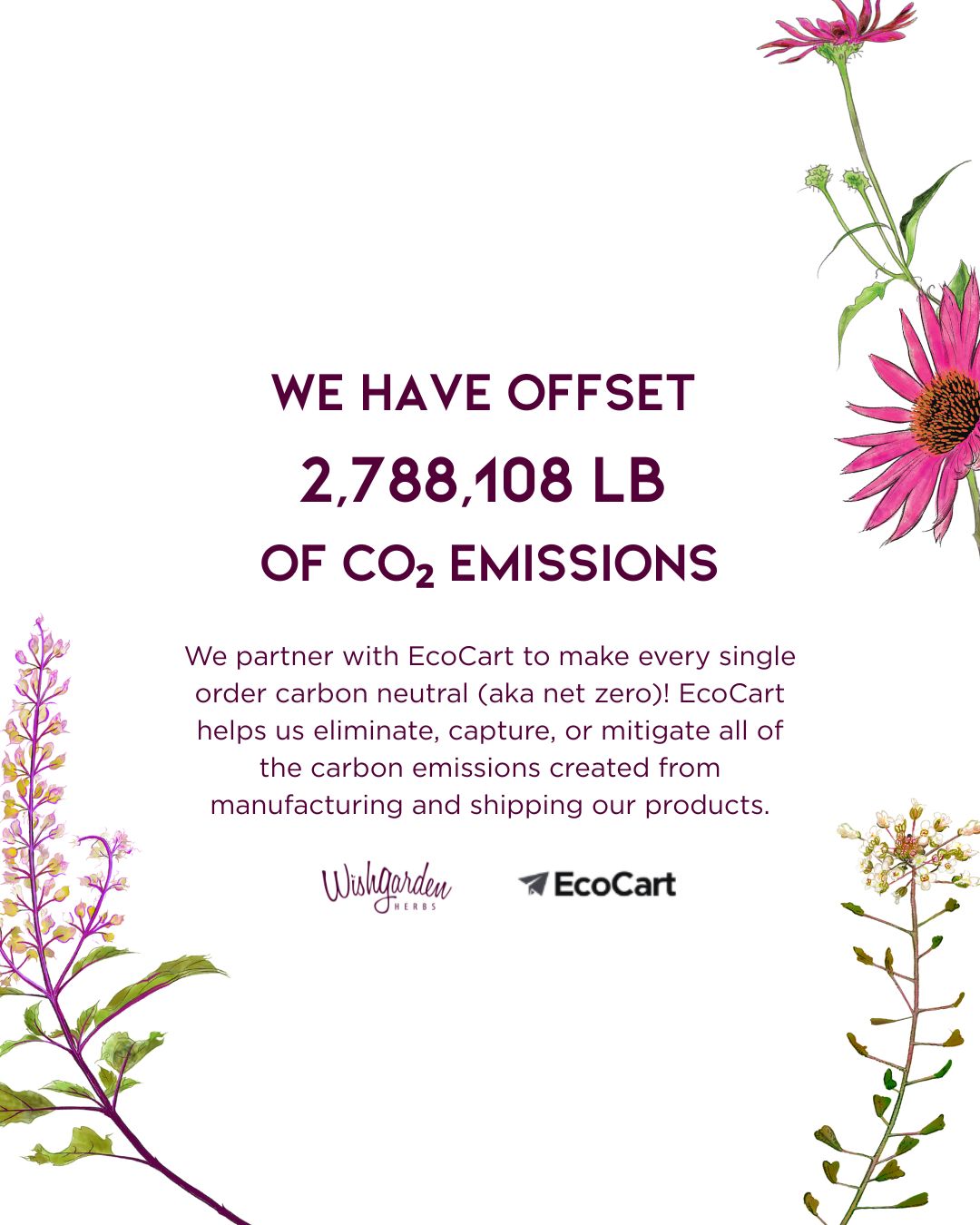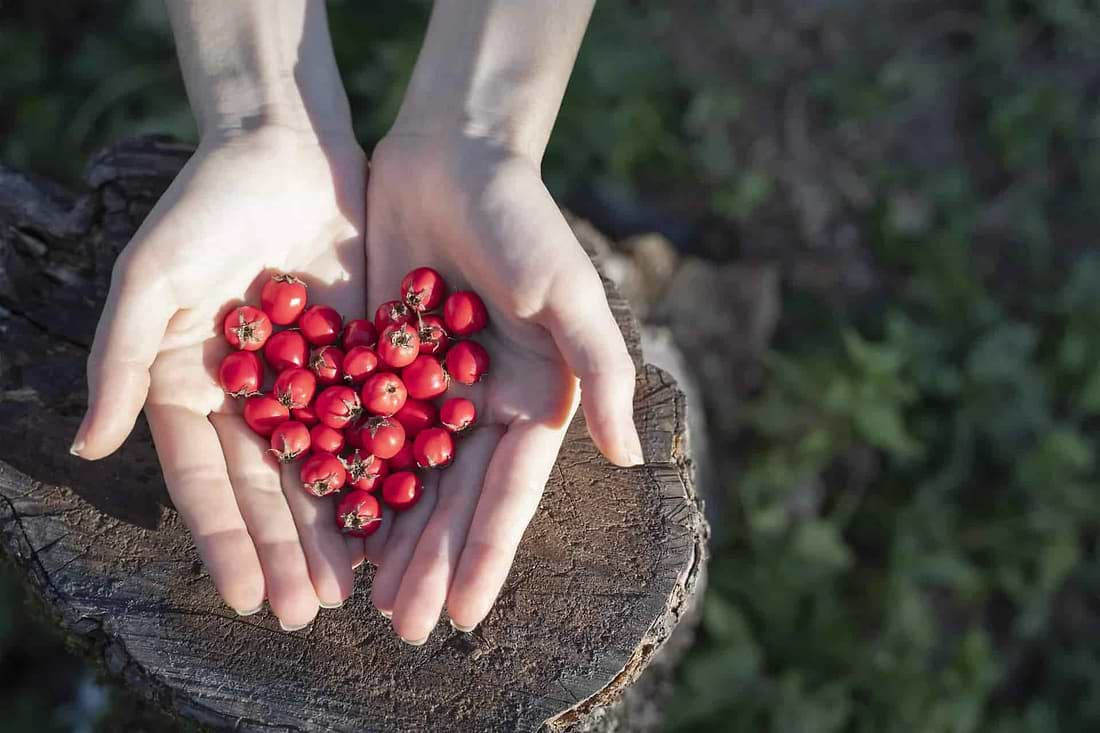
Love and Connection: How to Support a Healthy Love Life with Herbs
Written by WishGarden HerbalistShare
"What is love, oh baby don't hurt me, don't hurt me, no more."
Who remembers this classic line from the song by Haddaway, released in 1993? I was just a teenager back then, experiencing those first ecstatic feelings of fledgling love for another person that wasn't the love you have for a family member. The overwhelming rush of emotion and hard-to-think-about-anything-else focus of that newly formed interest was hard to beat. It was so different, seemingly so much greater than the love you felt towards your parents, grandparents, or siblings.
And just as fast and furious as it could come on, feeling as if it would last forever, highly passionate and over joyous, it could quickly be abandoned or broken and leave you feeling lost and uncertain. Not to say this same thing doesn't happen as you get older and into adult life, you've just learned through trials and tribulations of relationships over time that it may not always be this way. And, with each passing relationship as you age, you may reflect and long for those early feelings of intense love.
Love can mean different things for different people and be experienced in myriads of ways. The definition of love, according to the Merriam-Webster dictionary, could be any of the following: a) strong affection for another arising out of kinship or personal ties; b) attraction based on sexual desire: affection and tenderness felt by lovers; c) affection based on admiration, benevolence, or common interests; d) warm attachment, enthusiasm, or devotion; the object of attachment, devotion, or admiration; e) a beloved person; f) unselfish loyal and benevolent concern for the good of another; g) a god (such as Cupid or Eros) or personification of love; h) an amorous episode or love affair; i) the sexual embrace.
How each of us experiences love for others, or more importantly, for ourselves, is shaped by the experiences we've had in life, our memories, and our perceptions of how we've been loved by others in our lives.
Love and connection, physiologically, are driven by the neurotransmitters and hormones known as dopamine, serotonin, oxytocin and endorphins.
Dopamine is part of our reward system in the brain, associated with pleasurable feelings and euphoria, along with learning and memory, motor function and other actions. Serotonin supports our moods and plays a role in sleep, appetite and digestion, along with learning and memory as well.
Oxytocin is the hormone closely tied to connection or bonding, trust and empathy. And finally, endorphins are our natural feel-good chemicals in the body, while also having their role in rewarding activities. All of these molecules are working in concert to contribute to our feelings of love and well-being. When imbalanced, it may cause poor emotional control, affect our moods, our drive, our interests, or feeling unloved or unworthy of love, and feeling disconnected from others around us.
There are many things we can do to support a healthy balance of these hormones and neurotransmitters in our daily lives, allowing us to feel more connected to those around us and to ourselves, in addition to feeling a sense of love and compassion. These include foundational things to support overall health and wellness such as eating an optimal diet, getting exercise, and getting outside for exposure to nature, sun, and fresh air. However, spending time with loved ones or friends, laughing, sharing a hug, or simply positive and inspiring conversation has also been shown to improve the compounds in the body.
Finally, throughout history, many herbs have been utilized for supporting healthy, balanced emotions and allowing one to feel a stronger sense of love; physically, emotionally and energetically.
Everyone is familiar with chocolate and its association with love. We give chocolate to others for Valentine's day or other events in one's life. Cacao, from which chocolate is made, has a long history of being associated with love, and for good reason, as some of its constituents support healthy levels of the above hormones discussed.
Hawthorn, one of the best cardiovascular tonic herbs, while known for its physical support of the heart and circulation, is also beneficial for the energetic or emotional aspects of the heart.
Rose, another well-known, and often gifted plant for special occasions and Valentine's Day, is associated with feelings of love and happiness.
Cottonroot bark, which came out of southern and Appalachian midwifery uses, has been associated with supporting the action of oxytocin in the body, helping to establish strong bonding and feelings of connection, in addition to a sense of groundedness and heart-centeredness. This list of herbs that play a role in healthy hormone and neurotransmitter action in the body is far too numerous to list in this article but suffice to say there are many that can support one's emotions and hence, feelings of love and connection.
I would encourage all to learn more about these herbs and incorporate them into your life, whether through the use of teas, tinctures, capsules, or incorporated into foods and treats. Also, learning to grow some of these plants in your garden and extending love to them as they are growing is a great way to expand the love you give and receive back. Plants are aware of our relationship to them, so learn to love your plants as well.
For educational purposes only. This information has not been evaluated by the Food and Drug Administration. This information is not intended to diagnose, treat, cure, or prevent any disease, or to sell any product.












